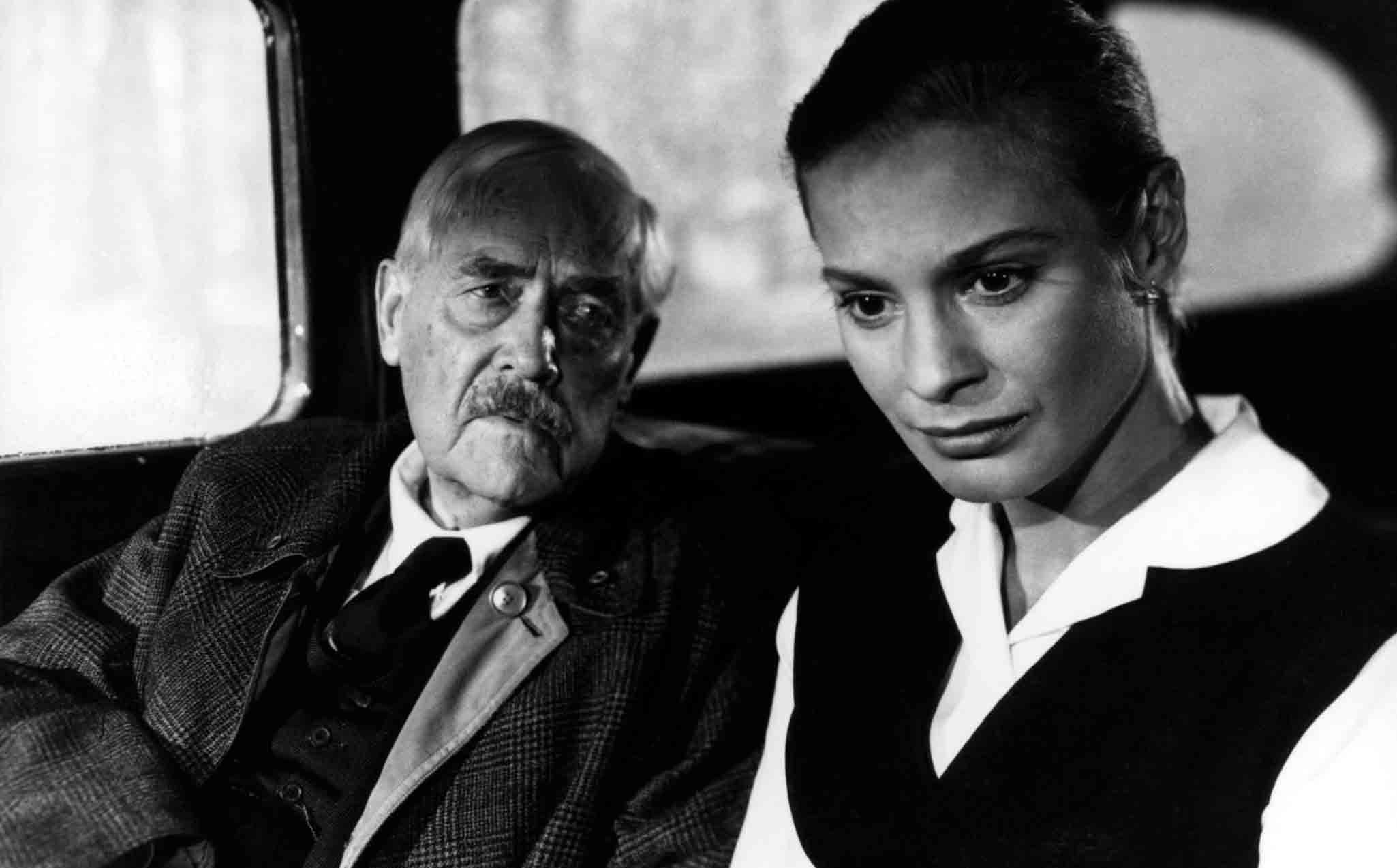This week’s class was a very interesting one for sure. Monday, we obviously went over the material that we would find on the midterm. We also briefly covered a period of film history labeled Italian Neorealism.
Italian Neorealism blends Christian and Marxist humanism and emphasizes emotions rather than abstract ideas. In other words, quite unconventional when compared to other films before this era. Italian Neorealism avoids clear plots and aims to target a loose structure while designing the backbone of a film. An additional fact about Italian Neorealism is that it is specifically known for its use of actual locations and exteriors as opposed to on-site, indoor studio sites.

The scenes in Italian Neorealism use conversational speech, giving even more life to the “realism” in the type of cinema description.
Ingmar Bergman’s often contain depressing themes, and some of them are just downright hard to watch. That was not the case that found when we watched it in class this past Thursday. Wild Strawberries began with a narration read by the old man. He was talking about his life, and eventually we were immersed in one of the many strange dreams he’d been having lately.

The dream begins as the old man is lost. He is walking down a city street, but there is an overwhelming absence of anyone else on the street. He looks at his pocket watch as if time is quickly passing him by, and he notices that the watch has no hands. All of the sudden the old man turns around to see what looks like a person, but as we saw it was some kind of a dummy that liquified after he touched it. The end of that charade brought about a driverless carriage containing a casket. I had the most peculiar feeling in my stomach that the old man would indeed be represented inside the casket in some form. But even though I was fully ready for my theory to come true, it still somehow took me off-guard when it was executed.

It was at this moment that I became ingulfed in this film and wanted to see more of these lucid dreams for which I myself was looking for meaning.
The old man’s daughter in law struck me very angrily at the start of this film. I viewed her to have a bitter personality, and an erroneous stance towards the old man. It is very clear that for many other reasons than what she tells the audience, she dislikes the old doctor very much. She calls him shellfish, and her eyes tell the story of someone who has no compassion towards the doctor.

This aspect of the daughter in law becomes contradicted throughout the film. For instance, the gas station scene when the owners refuse tom let the old doctor pay for his gas because of the kindness he once spread. I cannot help but sympathize with the old man and his position, because it seems that it’s the ones closest to him that have never been able to catch a glimpse of the man he really is.

I love how you talked about the daughter in law’s change in character. For me, it was one of the only things that felt a little weirdly paced. She started the trip by saying that he was selfish and grumpy and unkind, yet changed her whole opinion of him after the gas station? I get that she would need to come around eventually, but that felt a little too quick for me.
LikeLike
Yours isn’t the first blog that mentions the prominent “hard to watch” depressing themes in Ingmar Bergamn’s Wild Strawberries, but honestly, I found the film more nostalgic than depressing. I think the mood of the movie dealt with the everyday blue of living life as an existentialist in a very accurate, beautiful, well-depicted way, rather than with the somber mood everyone else seems to have interpreted. Maybe I’m just an optimist or too much of an existentialist.
LikeLike
Another thing about the doctors daughter in law was how she was going to leave her husband, or wanted to, and reasonably so. But then you get to the end of the film and she is acting very happy to be with her husband. This could be a play on the changing attitude of Isak’s, maybe showing that his son’s attitude was also changing, but I am still unsure if their situation got better or if she just was settling for her husband.
LikeLike